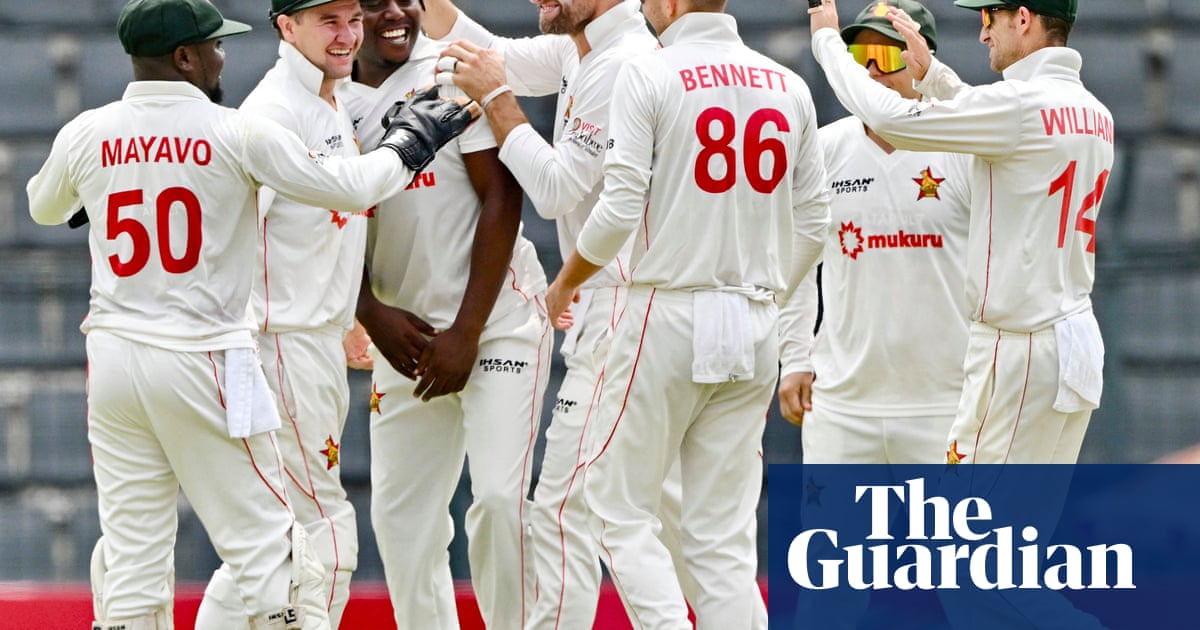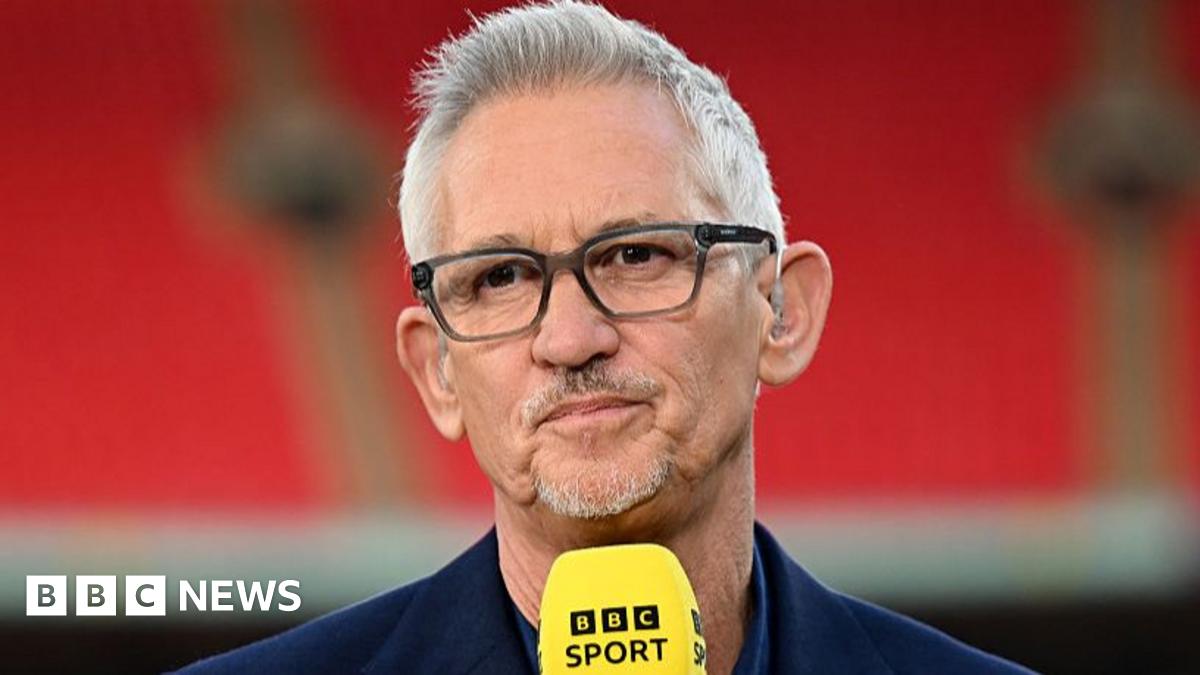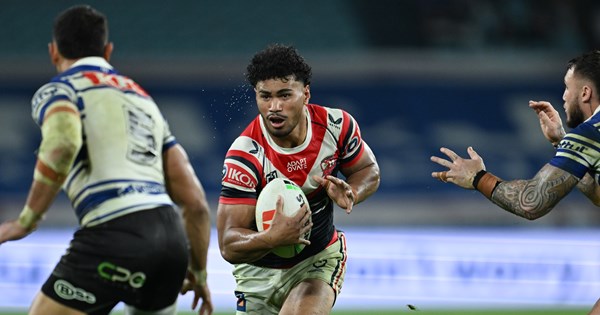‘We are a passionately multiracial team’: Zimbabwe return to England transformed

Twenty-two years is a long time, even in a sport that measures its games in days and its history in centuries. The last time England played a Test match against Zimbabwe, in 2003, Rob Key was in the middle order instead of the managing director’s job, Jimmy Anderson was a 20-year-old tearaway playing in his very first series, and the England and Wales Cricket Board was just about to launch the world’s very first professional Twenty20 tournament. Zimbabwean cricket has changed, too. Back then the team was in the earliest stages of a transformation that was meant to turn cricket from a minority game, played by the small white population, into a sport that better represented the whole country.They have been hard years, riven by player strikes, political interference, maladministration and a miserable drop-off in results. The team temporarily withdrew from Test cricket, suspended their domestic competition and were repeatedly censured by the International Cricket Council. They lost so many players through emigration to England, Australia, South Africa and New Zealand, that even now you could build a hell of a good Zimbabwean squad out of people who are making a living overseas. And yet, at the end of it all, the process was, by one important measure, a success. The squad that came on tour in 2003 was majority white, the team that has come this year is majority black.“Despite all the politics, despite all the chaos that we’ve been through, cricket is now a national game,” says David Coltart, “supported by an overwhelming majority of Zimbabweans, black and white and other races.” Coltart is the elected mayor of Bulawayo, a white man elected in a mostly black city. He has spent his life navigating the bitter, heated, complicated politics of his country. He has been fighting for the Zimbabwe he believes in ever since the 1990s, first as a founding member of the Movement for Democratic Change and a key figure in the opposition to Robert Mugabe, then as minister for education and sport in Morgan Tsvangirai’s coalition government.More than five million people have emigrated from the country in that time. Coltart is one of the ones who stayed. “I believe in Zimbabwe with a passion,” he says, “I believe in its people and its future, and I believe it is a country worth fighting for.”View image in fullscreen David Coltart: ‘I believe in Zimbabwe with a passion.’ Photograph: Zinyange Auntony/AFP/Getty ImagesWhen Andy Flower and Henry Olonga made their public protest against “the death of democracy” in their country in 2003, it was Coltart they asked to help draft their statement. “My sadness is that Henry and Andy didn’t stay in the country,” he says, “because they remain hugely influential figures. It’s not a criticism. I understand why they felt compelled to leave. But we need figures like them.” He mourns Heath Streak, who did stay, but who died in 2023. “Heath provided inspiration to people on both sides of the argument. He was a white man who was fluent in Ndebele, and who attracted a lot of sympathy and affection from a lot of black people, and yet he remained an inspirational people for white farmers who’d been dispossessed of their land.”For Coltart, the Zimbabwean team is emblematic of the society it represents. “We punch above our weight.” Which is why he believes transformation had to happen.“It was very necessary,” Coltart says. “Cricket in Zimbabwe 30 years ago was a minority sport. If you just looked at the crowds they were, relatively speaking, very few black people in them. Even aside from the principle of the matter, that situation was completely unsustainable.” He just wishes it had been done differently. He makes a comparison with the redistribution of land, and the violent farm takeovers which were the cause of so much pain, grief and injustice in the 2000s. “The land holdings were unjust,” he says, “But we could have done it without violence. Now, there wasn’t violence in cricket, but I think that when you look at the dreadful collapse of cricket in 2004, that could have been avoided.”View image in fullscreen Coltart is against a boycott of Afghan cricket due to his belief in ‘the power of sport to bridge divides’. Photograph: KM Chaudary/APWhen Zimbabwe stopped playing Test cricket, Coltart helped lead the campaign to restore it. In government he spent a lot of time lobbying the English to start playing fixtures against his country again. The ECB turned its back on the country, even after the end of the Mugabe regime. It was only when Richard Gould took over as the chief executive of the ECB that things finally changed. “They disregarded us and while I understand the reasons, I’ve never felt that England should not be playing Zimbabwe,” Coltart says. “Although I’m a strident critic of the Zimbabwean regime, I’ve always believed in the power of sport to bridge divides.”skip past newsletter promotion Sign up to The Spin Free weekly newsletter Subscribe to our cricket newsletter for our writers' thoughts on the biggest stories and a review of the week’s action Enter your email address Sign up Privacy Notice: Newsletters may contain info about charities, online ads, and content funded by outside parties. For more information see our Newsletters may contain info about charities, online ads, and content funded by outside parties. For more information see our Privacy Policy . We use Google reCaptcha to protect our website and the Google Privacy Policy and Terms of Service apply. after newsletter promotionEven now, he would be against a boycott of Afghan cricket on similar grounds. “Because if the players and the board members themselves are trying to do the right thing but are being constrained by the government, then you’ve got to support them and encourage them, not boycott them. Use the game, the opportunities it provides, to build relations, and to hold them to higher standards.”He is still trying to do that in his own country now, as mayor. Bulawayo has just won the right to host the Street Child Cricket World Cup. But Coltart is deeply concerned about the way the sport is being run. “There’s still far too much politics involved in Zimbabwe Cricket, in the running of the organisation, and even in the selection policies. I still fear that we’re not spending the money that we get as best we should. I’m a politician, but I don’t think politicians should be anywhere near cricket administration. I would rather see people whose primary attribute is a great passion for cricket being involved in the running of the sport. I’d like to see our best players from the past dominating the selection panel, black and white.”Still, he beams when he thinks that Zimbabwe are going to play a Test at Trent Bridge this week. “Despite the politics, despite the abuse of the rule of law and corruption in the country, all the concerns that I have regarding the government, the vast majority of Zimbabweans are united. It’s a wonderful country and you will see that in our cricket, we are a passionately multiracial team, and that’s a wonderful projection of our country.”














